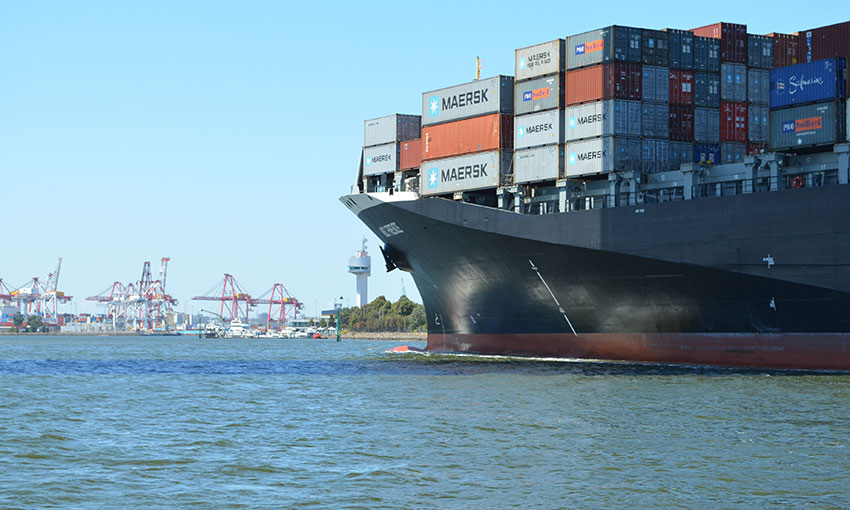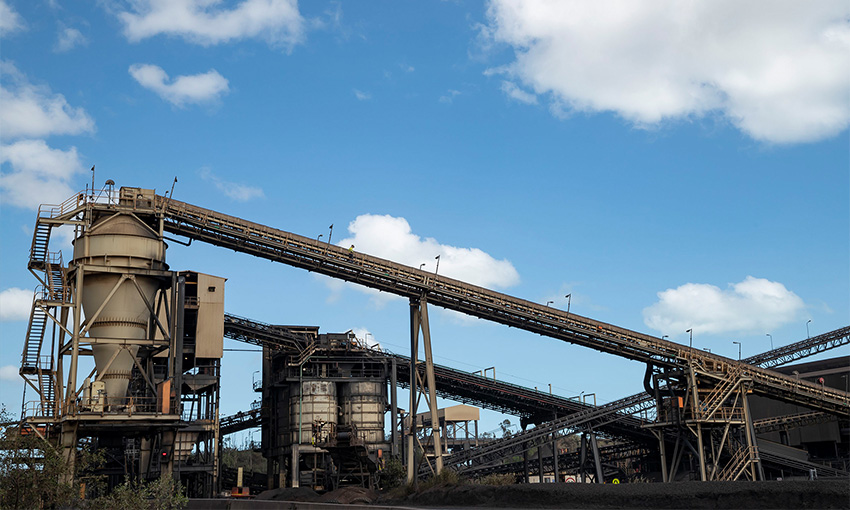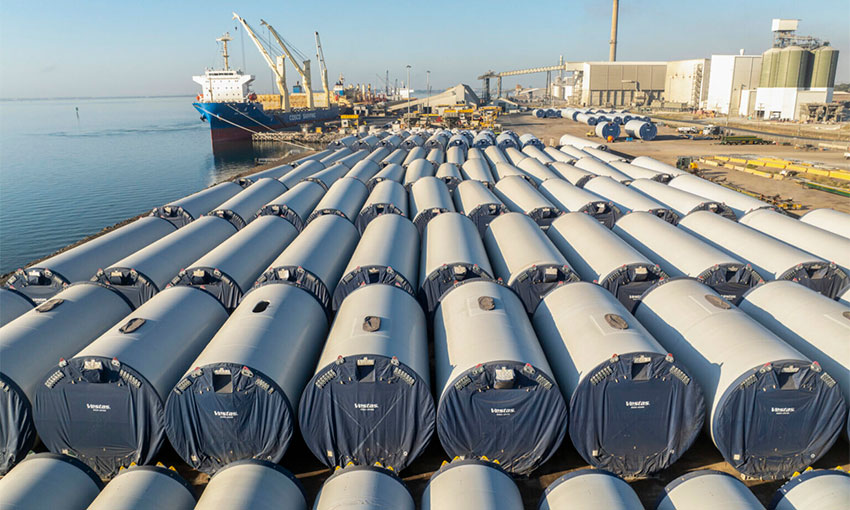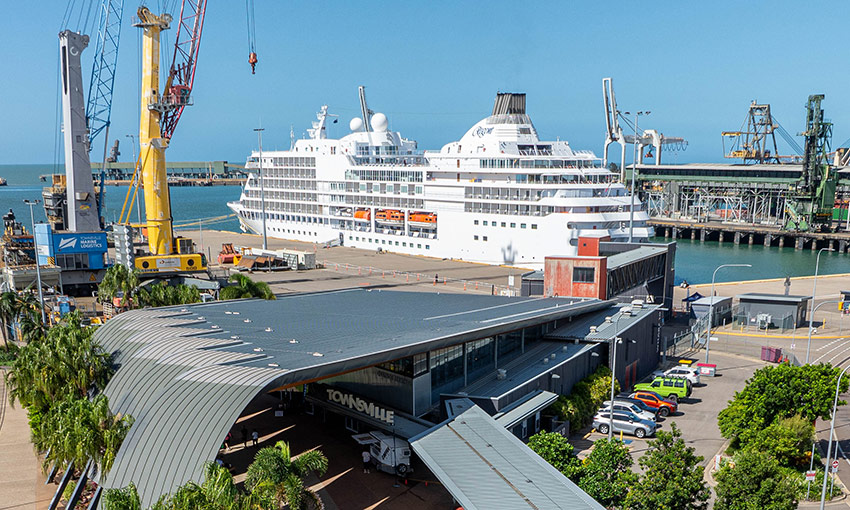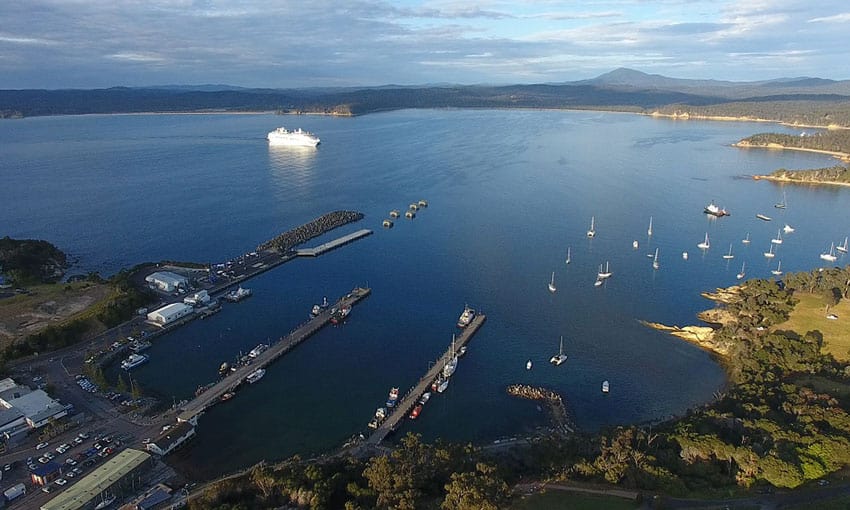THE Essential Services Commission, Victoria’s economic regulator, found the Port of Melbourne has not been fully compliant with the state government’s legislative requirements for how it sets its prices for services.
The ESC found “significant and sustained” non-compliance in several areas; however, the ESC found the port was compliant in some areas.
The Essential Services Commission made the finding in its first scheduled five-yearly examination of the port’s compliance with the pricing order. It reported significant and sustained non-compliance by the port in three areas assessed as part of the inquiry, which covered the period of 1 July 2016 to 30 June 2021.
ESC executive director of pricing Marcus Crudden said port users were not financially impacted by the port’s non-compliance during the review period, but in future the impact of non-compliance could be felt not just by users of the port, but also Victorian consumers more broadly.
“The pricing order allows the port to recover efficient costs for providing services such as wharfage, channel use, berth or area hire and other services,” Mr Crudden said.
“We found that the port had significant and sustained non-compliance during the review period. This related to over-estimating its revenue requirement as a result of an overstated rate of return, as well as not effectively consulting with port users.
“The port’s non-compliance undermines confidence in the regulatory framework and could lead to increased import and export costs being passed on to Victorian consumers.”
The port has 21 days to request a review of the inquiry’s findings by the Victorian Civil and Administrative Tribunal.
The Victorian government may respond to the report if it considers the port has engaged in significant and sustained non-compliance.
The Port of Melbourne, in a statement, said “there has been and will be no meaningful impact on prices paid by port users as a result of the matters raised by the ESC”.
The company said port tariffs have remained within annual consumer price index adjustments, and will remain so under the tariff adjustment limit set by the state government at the time of the port lease.
“PoM is disappointed that the ESC report does not acknowledge that, over the past five years, we have worked to address and adapt our approach on a range of matters the ESC has raised with us. This demonstrates that the regulatory framework is working as it was designed to,” Port of Melbourne said.
“PoM has great respect for the regulatory framework that the g overnment put in place at the time of the port lease in 2016, and we strongly believe it is working as intended. The intent of the framework was to provide price certainty for users of the port while also creating certainty and facilitating investment that is critical to the Victorian economy. This is being achieved.”
PoM said it is “deeply concerned” that the conclusions in the ESC report that the framework does not have adequate incentives for compliance is based on incorrect facts and legal interpretations.
“Port of Melbourne is five years into our 50-year port lease. We remain the most heavily regulated port in the country,” the company said.
“PoM is committed to working with the government and the ESC on a path forward that maintains the regulatory certainty that will ensure PoM can make prudent and timely investment decisions in the long-term interest of the port, all users of the port freight supply chain and the people of Victoria.”

